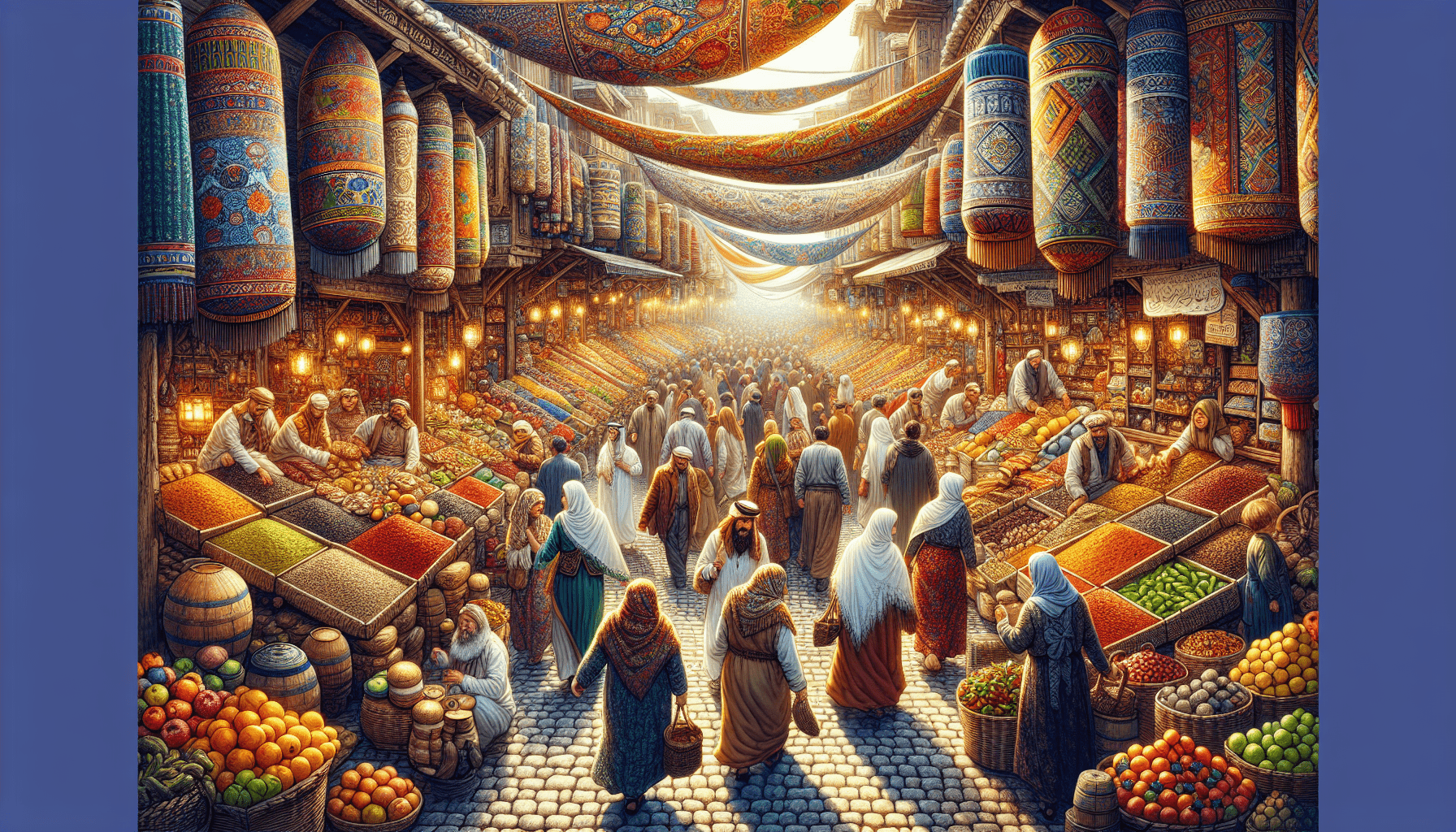Imagine strolling through bustling streets filled with the vibrant colors, tempting aromas, and energetic atmosphere of Turkey’s famous street markets. As a local, you have the inside scoop on navigating these lively spaces, where every turn reveals a hidden gem waiting to be discovered. From the Grand Bazaar in Istanbul to the markets of Antalya and Izmir, this guide offers valuable insights, tips, and recommendations to ensure an unforgettable experience immersing yourself in the dynamic world of Turkish street markets. So grab your shopping bag, put on your comfortable shoes, and get ready to explore the lively heart of Turkey’s local culture.

